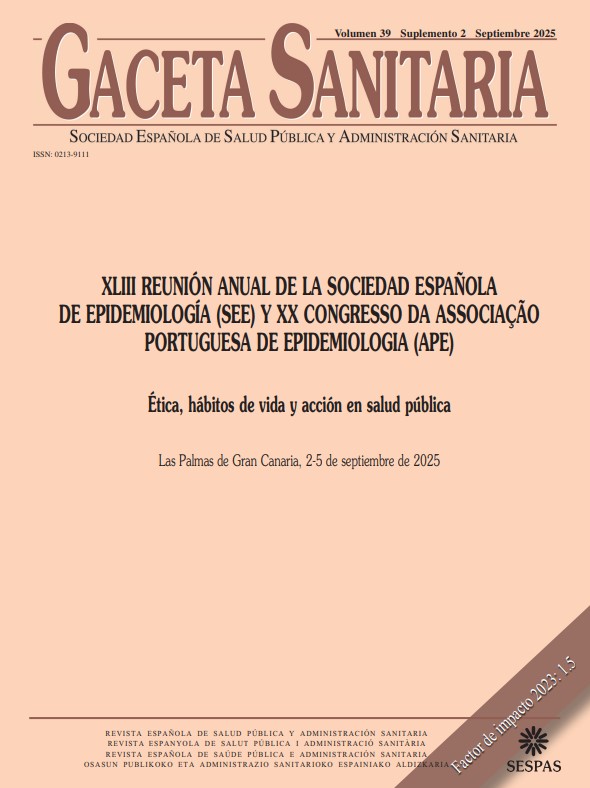734 - APPLICATION OF THE OPTIMISING HEALTH LITERACY AND ACCESS (OPHELIA) PROCESS IN STROKE PATIENTS TO IMPROVE VASCULAR RISK FACTORS AND HEALTHCARE
EpiChron-IACS; Aragón’s Health Service; Aragon Government.
Background/Objectives: Stroke is a major public health challenge, often leading to disabilities and reduced quality of life. In Spain, it is one of the main causes of acquired disability and mortality. Recurrent strokes worsen prognosis and increase mortality, but effective control of vascular risk factors can reduce recurrence. Health literacy is a key determinant in managing chronic diseases and can improve adherence to treatments and self-care. The Ophelia (Optimising Health Literacy and Access) process helps develop tailored interventions that address health literacy needs. This study aims to adapt and implement the Ophelia process in Aragon, Spain, to improve stroke patients' healthcare and risk factor management, within the context of the Joint Action on Cardiovascular Diseases and Diabetes (JACARDI).
Methods: The study follows a three-phase approach: (1) data collection, (2) co-design, and (3) implementation of actions. Phase 1: Identified health literacy strengths and needs using the Health Literacy Questionnaire (HLQ) and interviews in people who have had a stroke. A stratified sample of patients was analysed through cluster analysis and descriptive statistics. Phase 2: Workshops with stakeholders are currently being held to generate ideas for health literacy actions, prioritized based on feasibility, importance, and alignment with local priorities. Phase 3: Selected actions will be implemented, with continuous quality improvement cycles ensuring sustainability.
Results: A total of 201 stroke patients participated. A greater ability to navigate the healthcare system and to understand health information well enough to know what to do was observed in older patients compared to younger ones. People who lived in a municipality with more inhabitants had a greater ability to actively engage with healthcare providers. Female patients were less able to find good health information. Foreign patients had lower scores for social support for health than Spanish patients. We identified 11 subgroups with different health literacy profiles. Interviews provided qualitative insights to develop vignettes, which are being used to co-design actions addressing identified needs, ensuring solutions are community-driven and context-specific.
Conclusions/Recommendations: This project represents the first implementation of the Ophelia process in Spain. By identifying and addressing health literacy challenges, the study aims to improve vascular risk factor management and healthcare access. The findings will contribute to evidence-based interventions adaptable to other regions, supporting efforts to reduce the burden of stroke in Europe.
Financiación: Project: 101126953 –JACARDI– EU4H-2022-JA-IBA.















